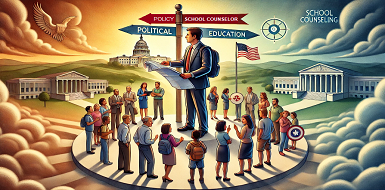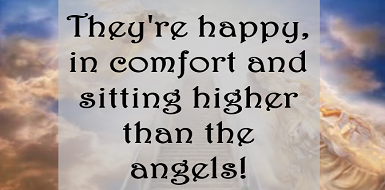Susan Rardon
Rose, Ph.D.
Anticipatory Loss/Grief

Navigating Anticipatory Loss: A Journey of Love, Hope, and Acceptance
Anticipatory loss is defined as grief that is felt in anticipation of someone’s death. He kept telling me that he was getting weaker, but I just couldn’t hear it. He would talk about the finances and tell me how he had prepared for us in retirement and was concerned that it would now just be me, so I needed to listen. He finally realized that I needed to remain hopeful and made a spreadsheet, a trademark of his. The family joked about all of his planning spreadsheets. We were alike in that way. I always had my manila folder on vacations and everything had a place in our home.
I include this aspect of the fight in the blog as a warning to any going through this journey or helping others through it. It is not actually denial to need to remain hopeful. It is a natural defense mechanism. Yet, it did cost us time as I was angry at the disease and didn’t want to realize how sick he was.
I continued to fight the disease and didn’t treasure the time we had together at the end as I would have liked. Yet, knowing grief as I do, I realize that the mind goes through guilt as part of the healing. I believe that I would have regrets even if everything was perfect. Bob knew me so well and tried to prepare me for that. He even said, “I don’t want you to have regrets.” He told me time and time again that he was a blessed man because he had a wonderful family and wonderful career. I feel so blessed because he truly believed that both of those were because of me. He would tell the children that his career wouldn’t be what it was without “Mom’s foot in his butt.” He wasn’t a silver-tongued devil, but he was honest to a fault.
So, whether you recognize anticipatory loss when it’s happening or not, it’s important that you recognize it at some point so that it can be addressed. It is so important to sit with all types of grief for a moment so that it can sink in and allow healing. The idea of “getting through” grief is a misnomer. We learn to walk alongside it.
Recognizing and Embracing Anticipatory Loss
Anticipatory loss can be a confusing and challenging experience. It’s the grief that comes before the actual loss, and it can often feel like an emotional paradox. On one hand, there is a hope that lingers, a desperate clinging to the possibility of more time. On the other hand, there’s an undercurrent of dread, a painful acknowledgment of the inevitable. This duality can make it difficult to fully engage with the present moments, clouding the precious time left with our loved ones.
In our case, Bob’s meticulous planning was both a comfort and a painful reminder of what was to come. His spreadsheets, a symbol of his love and care, also became a stark indication of his acceptance of his own mortality. I, however, was not ready to confront that reality. My need to remain hopeful wasn’t just denial; it was a way to keep our shared dreams and future plans alive, if only in my mind.
The Cost of Hope and the Weight of Regret
My refusal to fully accept Bob’s declining health stemmed from a place of love and fear. Love, because I couldn’t bear the thought of losing him; fear, because acknowledging his illness meant facing a future without him. This hope, while a natural defense mechanism, came at a cost. It created a barrier between us during his final days, a barrier built out of my anger towards the disease and my refusal to see how sick he truly was.
Reflecting on those times, I am haunted by the moments I missed, the conversations we didn’t have, and the tenderness I withheld in my fight against reality. Guilt is a relentless companion in grief, making us question every decision and action. But I know that even if I had done everything differently, I would still find reasons to feel regret. This is the insidious nature of grief—it makes us doubt ourselves and our choices.
Bob, with his characteristic honesty, tried to ease this burden. “I don’t want you to have regrets,” he’d say, emphasizing how blessed he felt by our life together. His gratitude for our family and his career, both of which he attributed largely to me, was his way of reassuring me that I had done enough. His acknowledgment of my support and love was a testament to our partnership, a reminder of the life we built together.
Walking Alongside Grief
Recognizing anticipatory loss is crucial for addressing it. It’s important to allow ourselves to feel and process this unique form of grief. By sitting with our emotions, we give ourselves the space to heal. Grief, in all its forms, doesn’t have a definitive end. It becomes a part of us, shaping our journey forward.
The idea of “getting through” grief suggests a finality that doesn’t exist. Instead, we learn to walk alongside it, integrating it into our lives. This doesn’t mean we are forever consumed by sadness, but rather that we carry the love and loss with us, allowing it to inform and enrich our continued existence.
As I move forward, I strive to honor Bob’s wishes and our shared dreams. I promise to live fully, to find joy in the moments we still have, and to bring his light into the world. This journey is not easy, but it is one I undertake with the love and strength he left me.
So, to anyone navigating anticipatory loss or supporting someone through it, remember to acknowledge and embrace all forms of grief. Allow yourself to feel, to hope, and to heal. It is through this acceptance that we find the strength to live on, carrying our loved ones with us in our hearts and memories.
I am a school counselor turned counselor educator, professor, and author helping educators and parents to build social, emotional, and academic growth in ALL kids! The school counseling blog delivers both advocacy as well as strategies to help you deliver your best school counseling program.

I'm a mother, grandmother, professor, author, and wife (I'll always be his). Until October 20, 2020, I lived with my husband, Robert (Bob) Rose, in Louisville, Ky. On that awful day of October 20,2020, my life profoundly changed, when this amazing man went on to Heaven. After Bob moved to Heaven, I embraced my love of writing as an outlet for grief. Hence, the Grief Blog is my attempt to share what I learned as a Counselor in education with what I am learning through this experience of walking this earth without him. My mission is to help those in grief move forward to see joy beyond this most painful time.
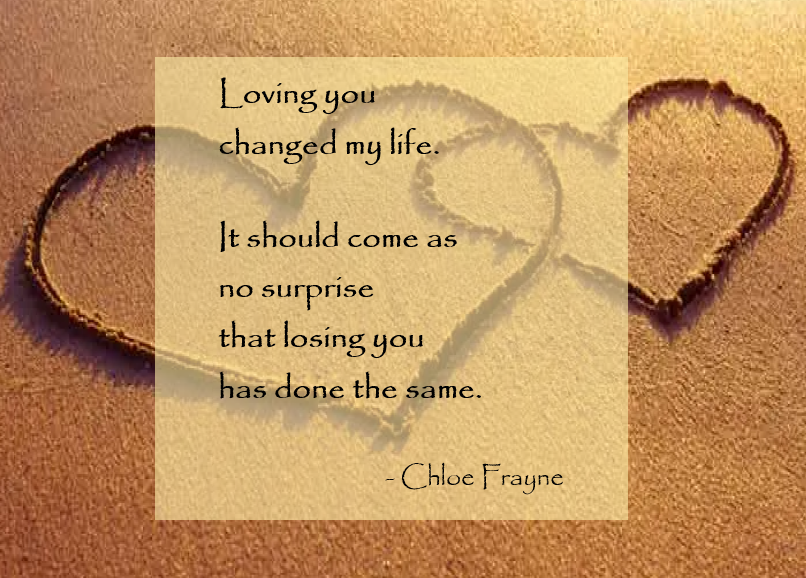
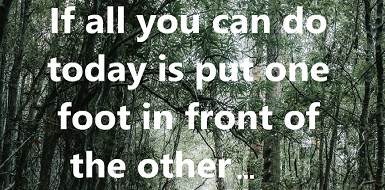

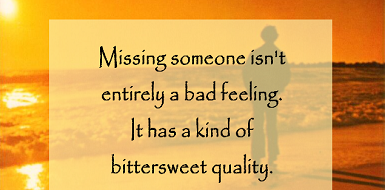

Useful Links



